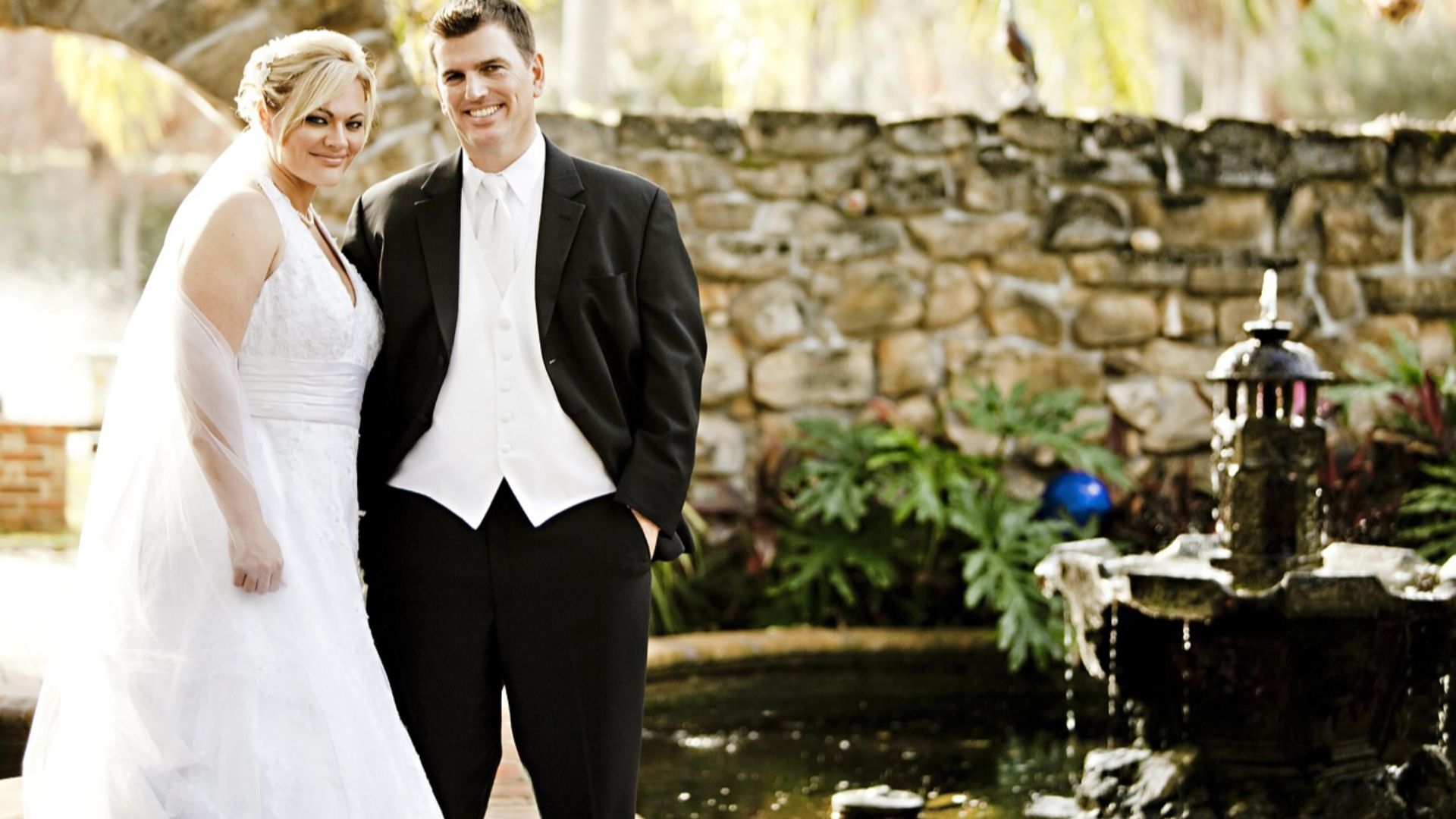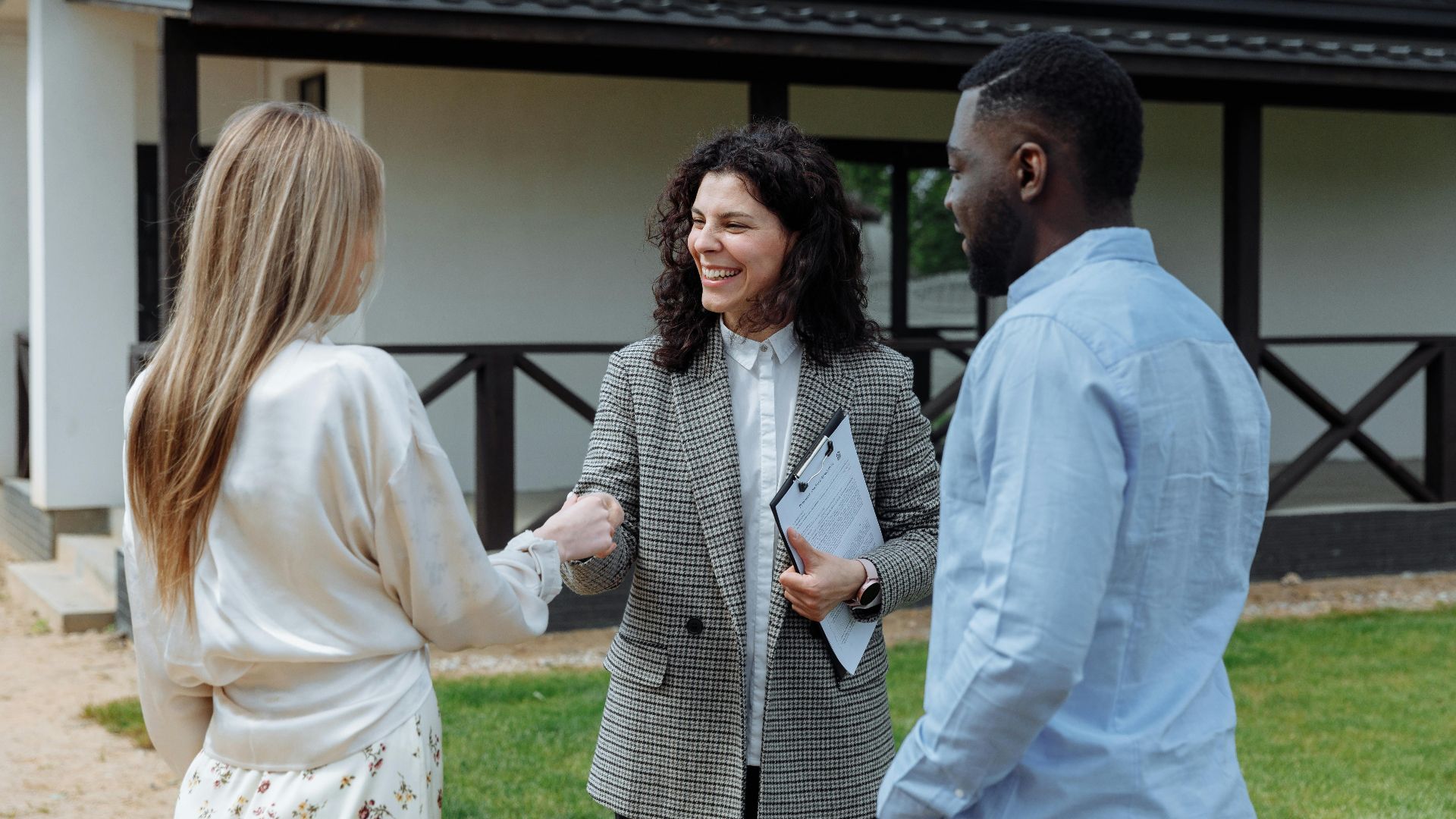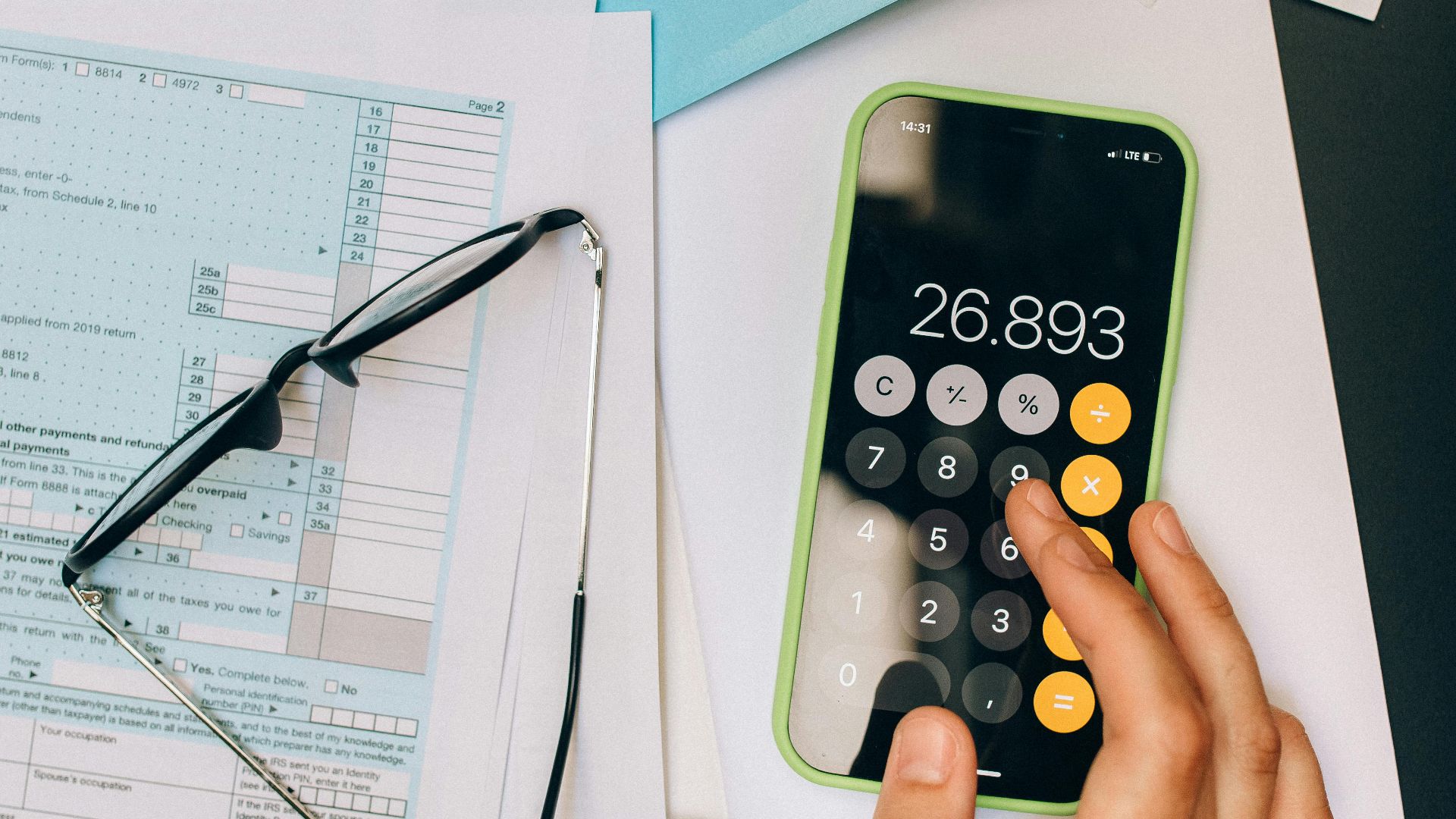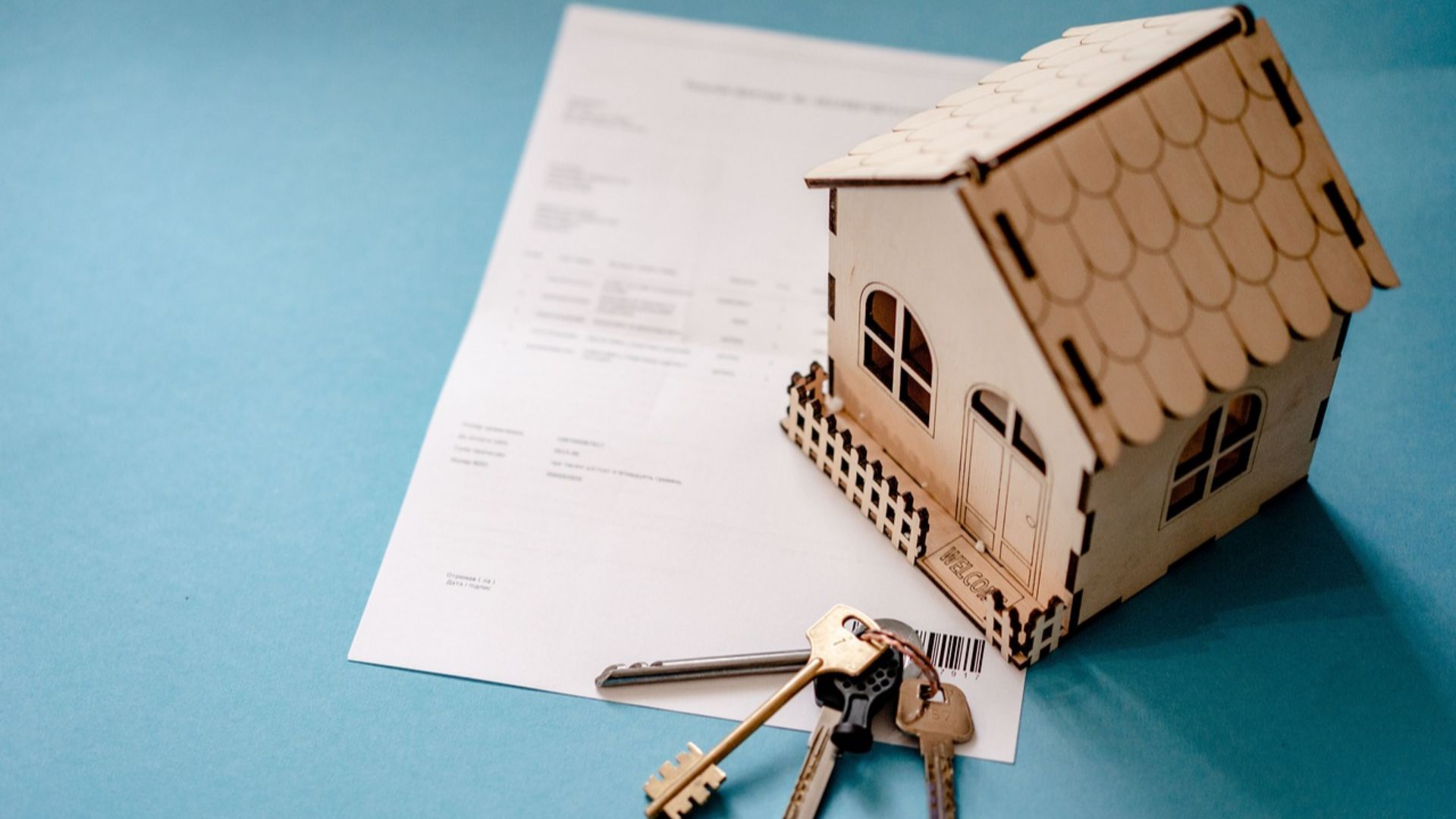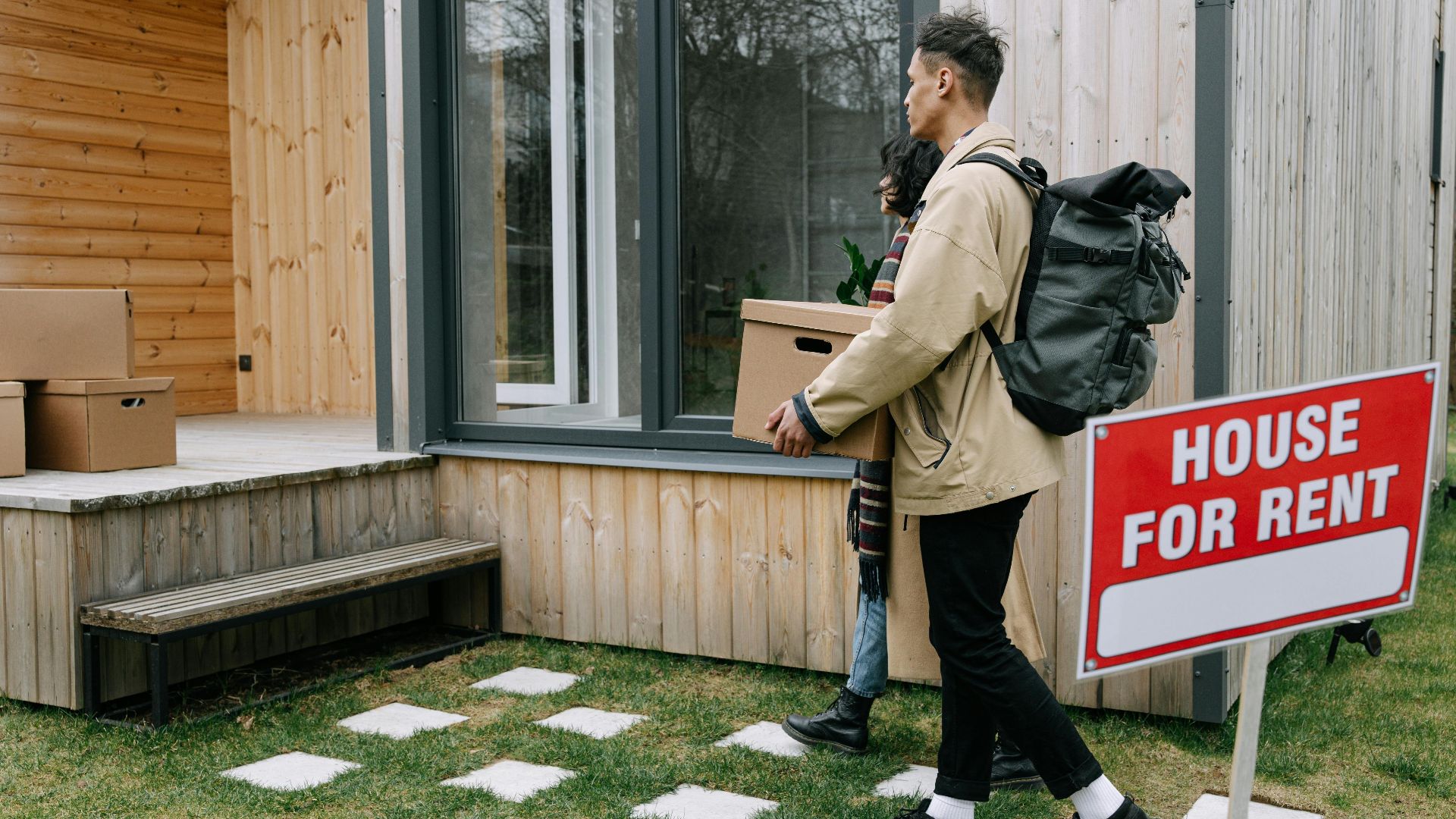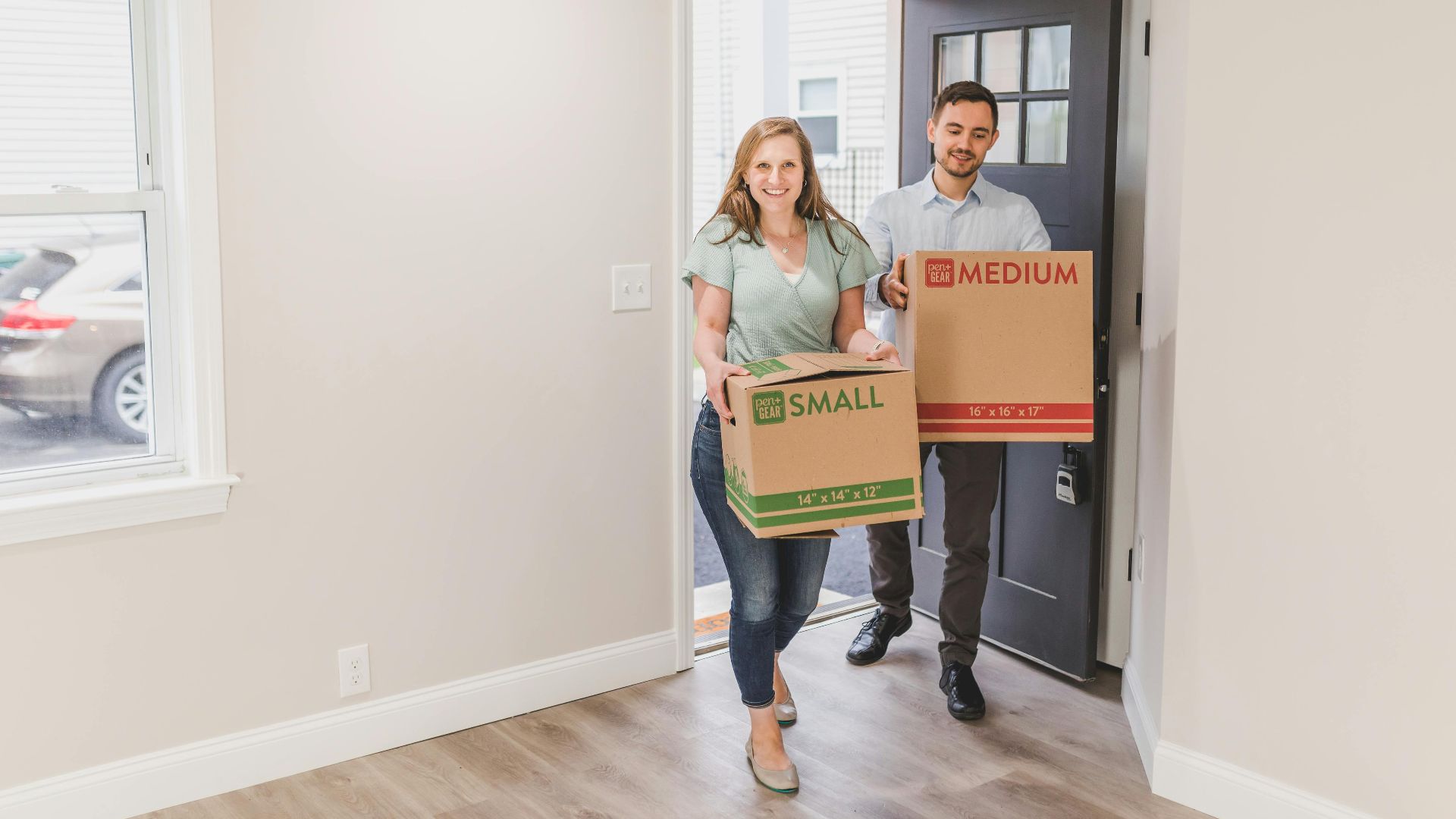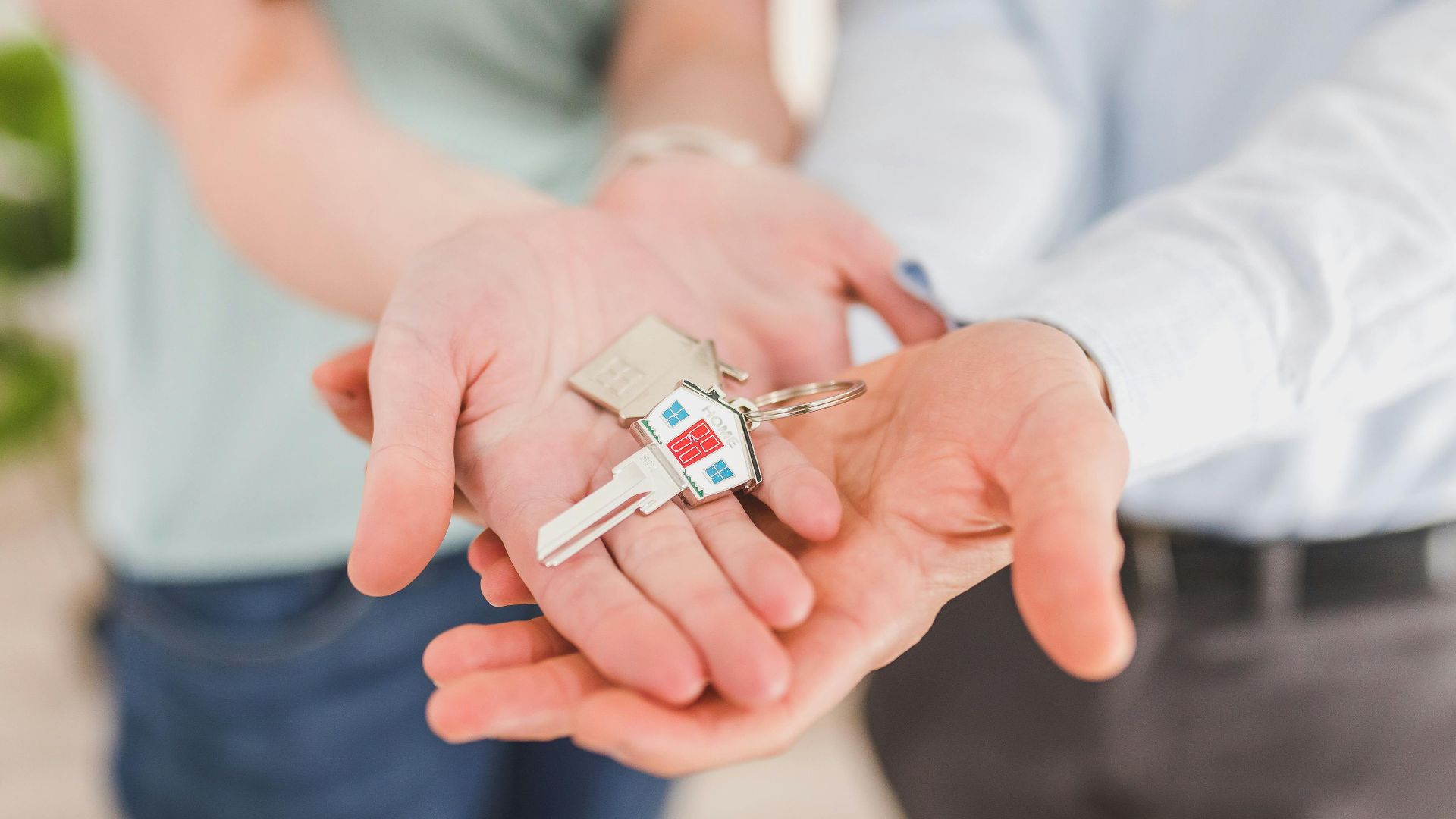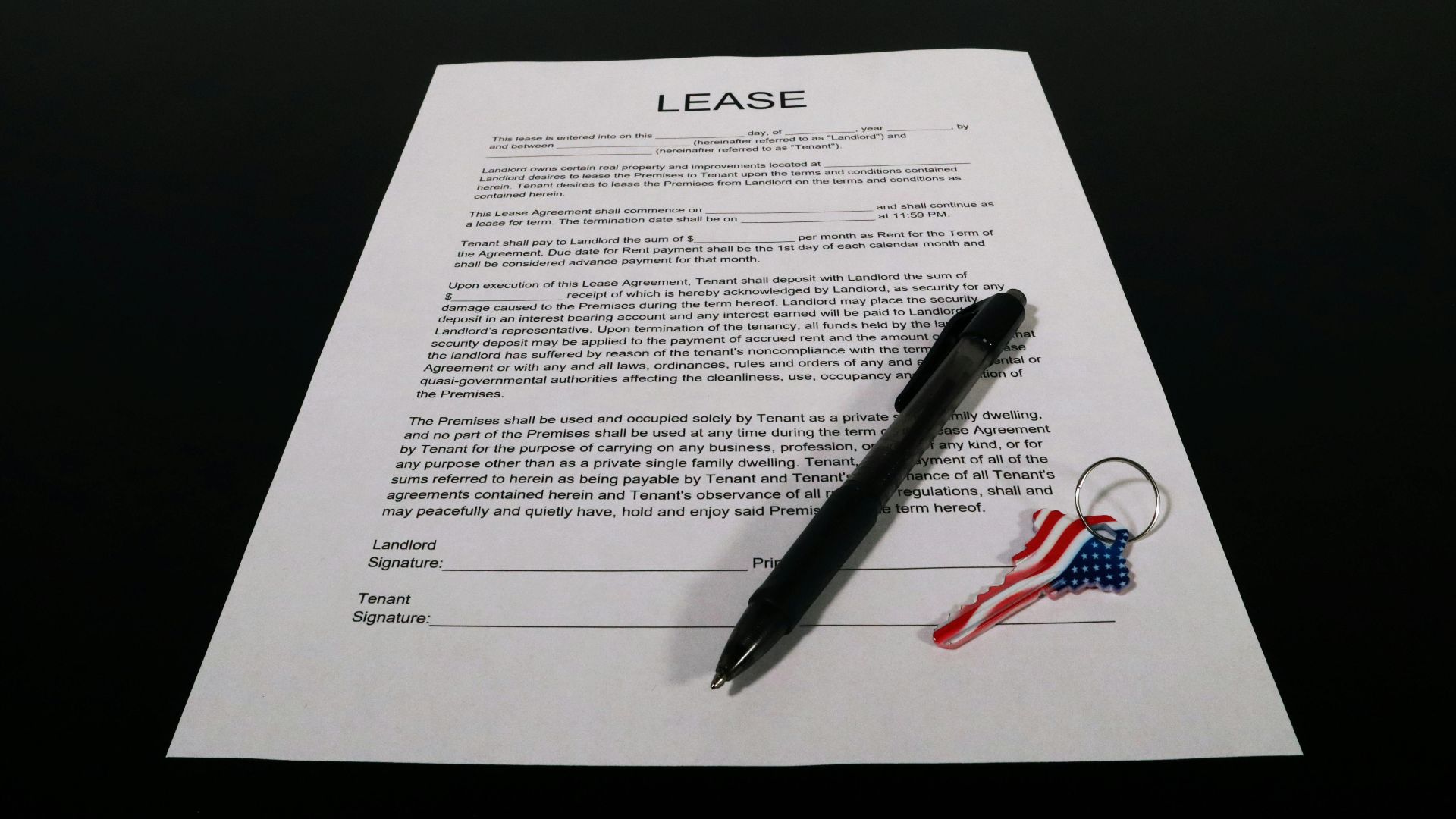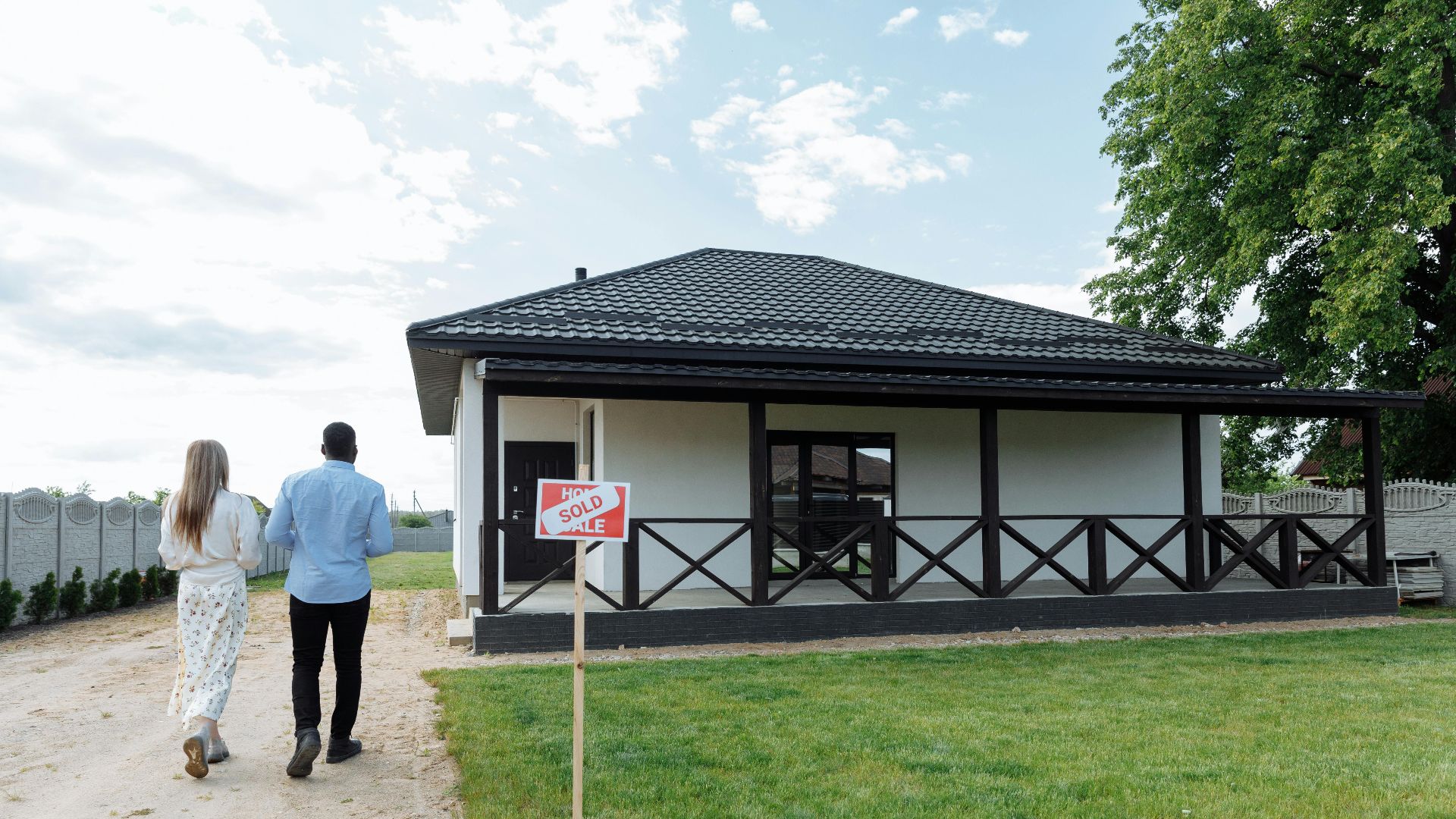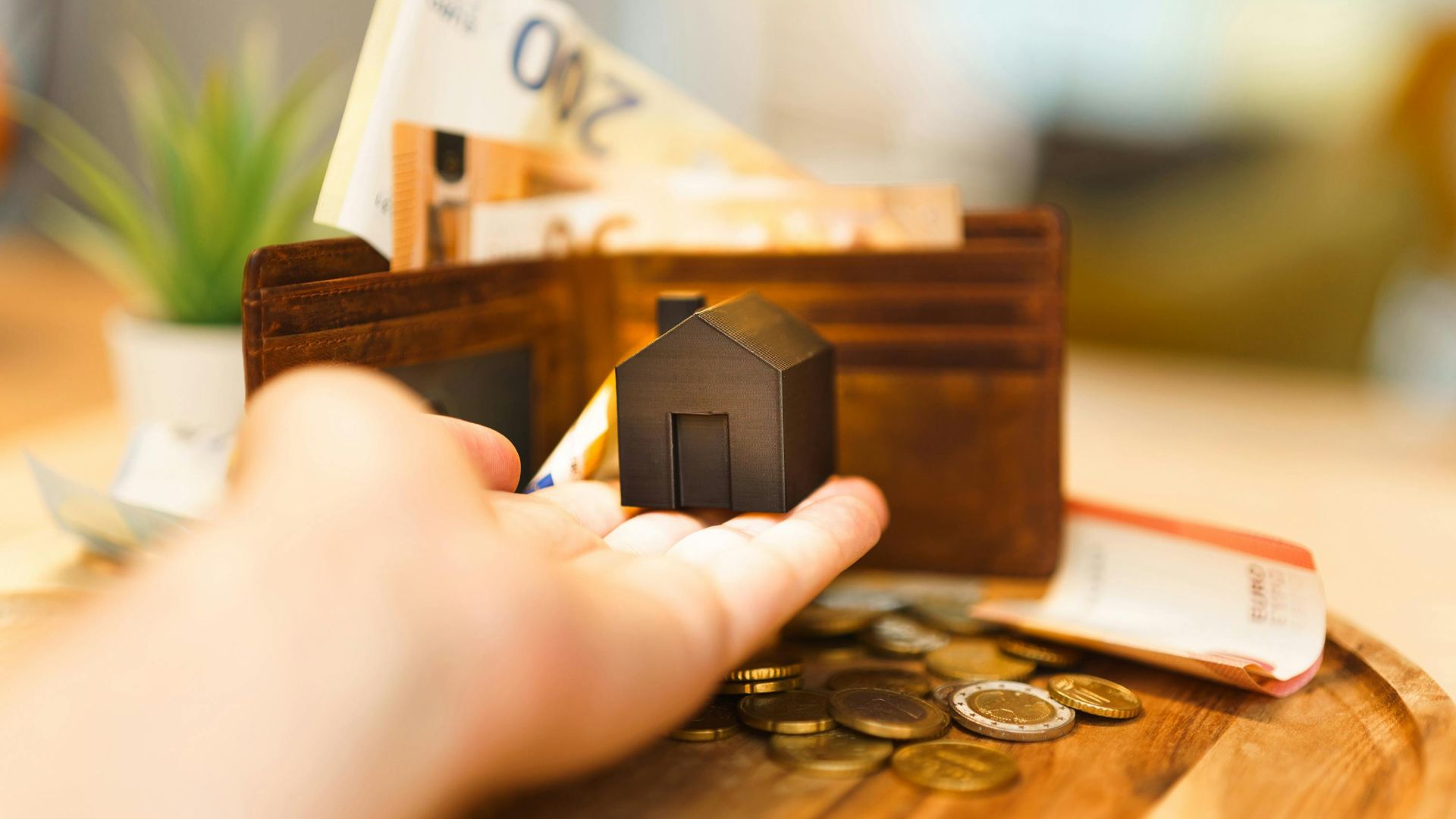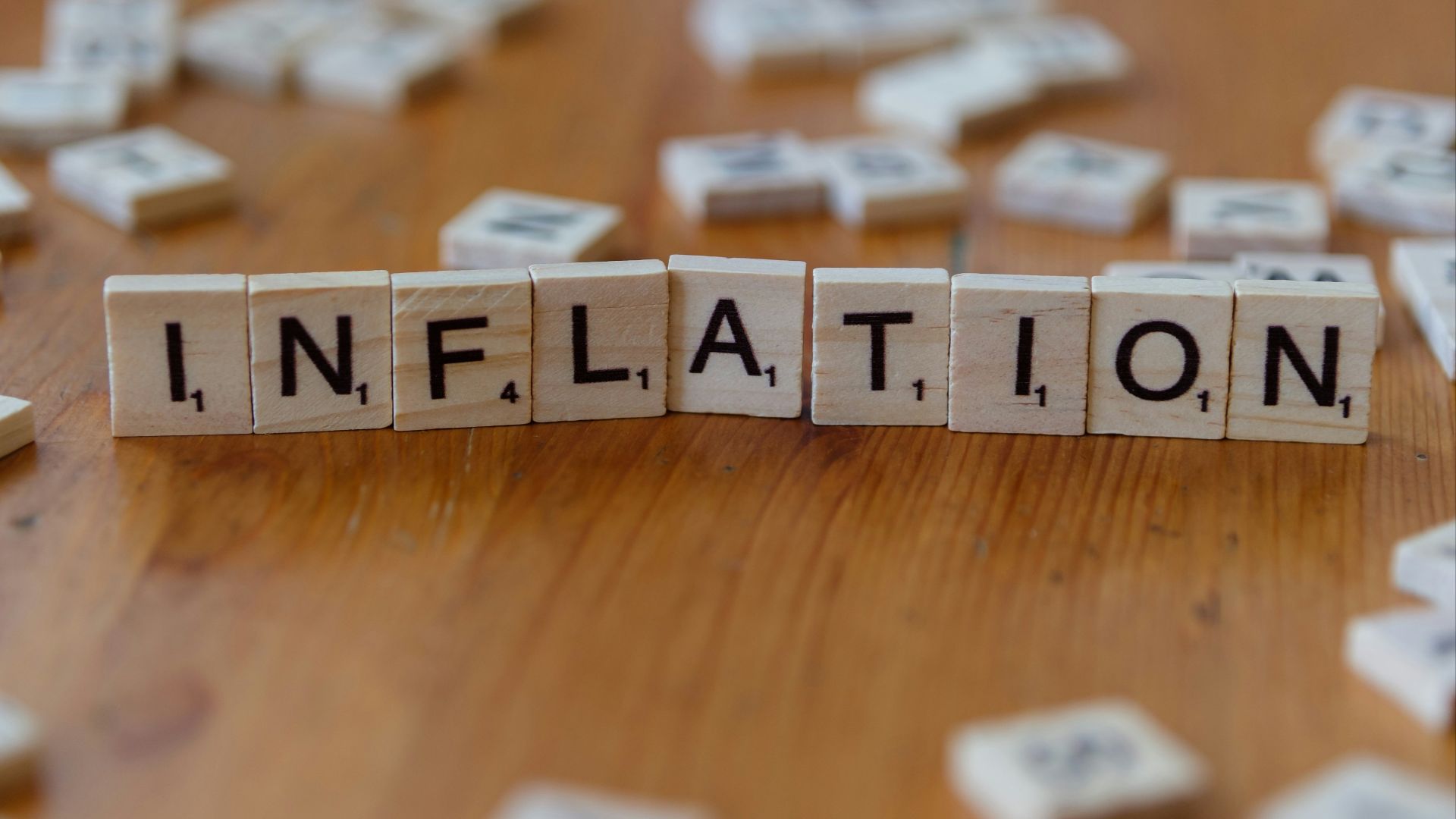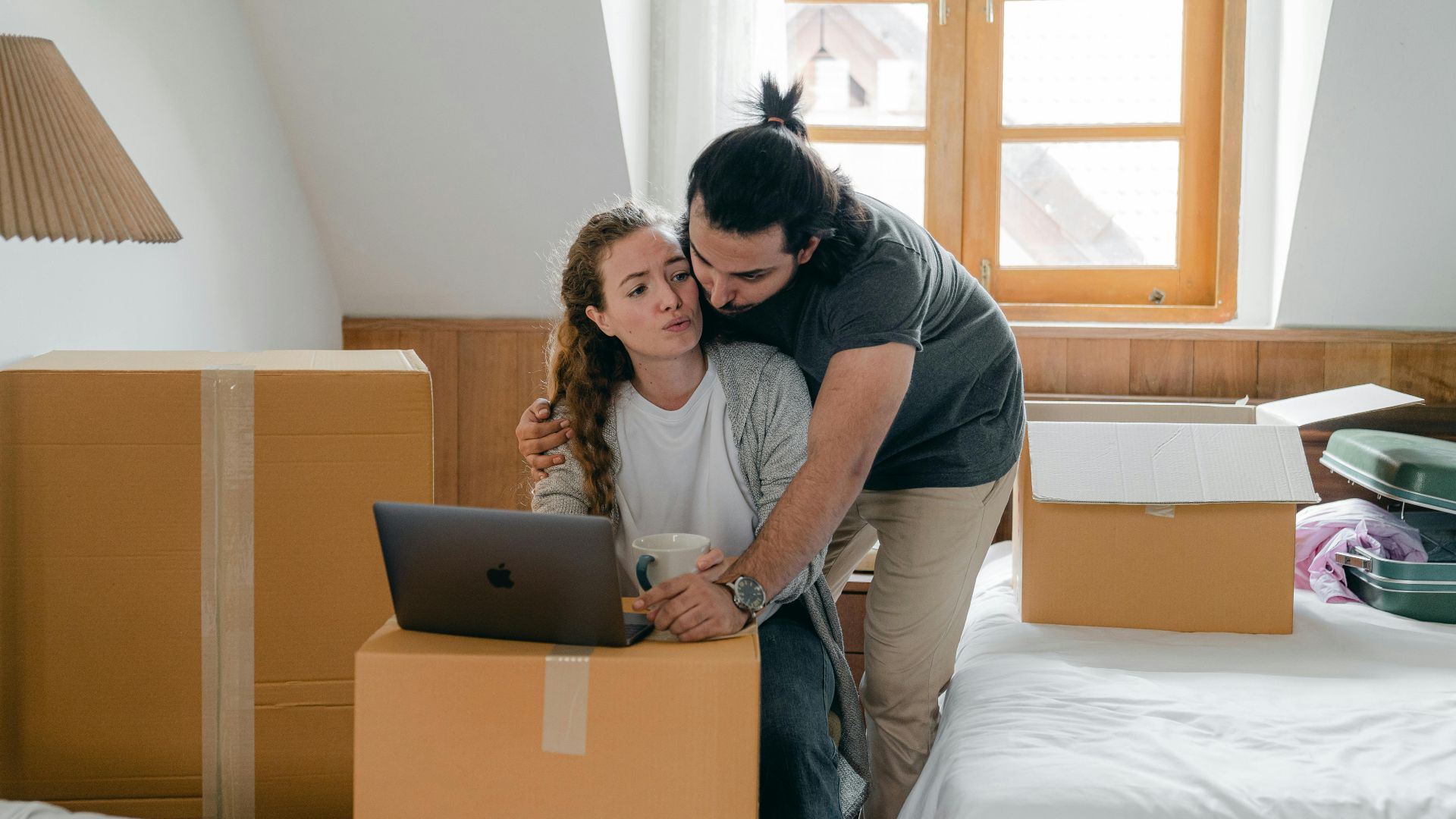You're Not Wrong...But You Might Not Be Right Either
Welcome to your first big marital debate. To some, buying a home screams “adulting,” while to others renting whispers “freedom.” You’re both technically right—it just depends on your timing, your finances, what’s important to you, and how much you enjoy unclogging drains at 2 a.m.
The Honeymoon Phase Meets Real Life
You said “I do,” and suddenly it’s “let’s buy!” But before you start house-hunting, it’s worth asking if that next big step makes sense right now. Marriage doesn’t automatically mean you need a mortgage or a yard to mow. Or does it?
Money Talks Are the Real Marriage Test
How you handle money as a couple says more than any vow, and talking through things like rent, savings, and goals early can save you from big time financial fights later. But in this case the question is should you buy or rent. Well....
The Case for Buying: Roots and Stability
Owning a home feels solid. You can paint, renovate, and put down roots. It’s not just about having space—it’s about building a foundation, financially and emotionally, for your future together. For many, it feels the first real step toward long-term security.
Buying Means Control
No more landlord inspections or “no pets” clauses. Homeownership means true independence—you decide what upgrades to make and when. For couples who want freedom and permanence, that control feels worth the cost. It’s your space, your rules, your decisions—finally.
Buying Builds Wealth—Eventually
Each mortgage payment chips away at debt and adds to your equity. Over time, appreciation can grow your net worth. It’s slow and steady—but many Americans’ biggest asset is the home they bought decades ago. Patience and stability are what make it pay off.
Buying Can Beat Inflation
A fixed-rate mortgage locks in your monthly payment while rents rise. As prices climb, your housing cost stays the same. Over time, ownership becomes cheaper compared to endless rent hikes. It’s one of the few predictable bills in an economy that is generally anything but predictable.
But it isn't all pros...
 Photo By: Kaboompics.com, Pexels
Photo By: Kaboompics.com, Pexels
The Case Against Buying: Welcome to Bill Town
Those roots come with expenses—a whole lot of them. Repairs, property taxes, insurance, and surprise upgrades can turn your dream home into a money pit. To some, buying can seem less like “settling down” and more like “settling up” for decades of payments and upkeep.
 Photo By: Kaboompics.com, Pexels
Photo By: Kaboompics.com, Pexels
Hidden Costs Add Up Fast
First-time buyers often underestimate closing fees, maintenance, and home insurance. Even small repairs can snowball into thousands. The real cost of ownership is often 1–3% of the home’s value per year—money that’s easy to forget until the water heater explodes.
Market Madness Is Real
Mortgage rates and housing prices are still high. Many buyers today are stretching budgets to the limit just to get in the door. If you buy at the wrong time, you could be stuck with a home that doesn’t grow in value—or worse, traps your savings.
Emotional Pressure Doesn’t Pay the Mortgage
It’s easy to feel like you’re “behind” when friends post their house keys on Instagram. But rushing into homeownership to keep up with others often leads to regret—especially when those friends go quiet during renovation season and start Googling “budget drywall fixes.”
So, what about renting....
The Case for Renting: Flexibility and Freedom
Renting is the “test-drive” of adulthood. You can move, switch jobs, or explore new neighborhoods without the stress of selling. When the sink breaks, your only tool is your landlord’s number—and that’s the beauty of it. Flexibility now can save major headaches later.
Renting Buys Predictability and Peace
No roof repairs, no property taxes, no surprise assessments. Renting gives you clear monthly costs and less responsibility, leaving more time to focus on your marriage and goals—not broken appliances. Predictability can be priceless when you’re still figuring out your next steps together.
Renting Lets You Test the Waters
Not sure where you want to settle? Renting helps you figure that out. You can try different areas, commutes, or lifestyles before tying yourself to one ZIP code forever. Think of it as dating a city before committing to a 30-year relationship.
The Myth of “Throwing Money Away”
Renting isn’t wasted money—it’s paying for flexibility. You’re buying time to save, pay debt, or wait for better market conditions. That’s a smart trade-off, not a failure. Every stage of life has its price tag, and sometimes “freedom” is worth the rent.
But, renting isn't all pros either...
The Case Against Renting: You Miss Out on Equity
Every rent check goes toward someone else’s wealth. Historically, U.S. homes appreciate around 3–5% annually—growth renters never see. Over 10 or 20 years, that missed equity becomes a major financial gap that can’t easily be made up elsewhere.
Rent Rises Faster Than Wages
Data from the Bureau of Labor Statistics shows rent has risen faster than income for most of the past 20 years. That means renters lose purchasing power every year, while homeowners’ costs stay fixed—and that’s a math problem emotions can’t solve.
No Tax Breaks for Renters
Homeowners can deduct mortgage interest and property taxes, saving thousands each year. Renters get none of that—unless they operate a business from home and can claim partial expenses. Over time, that missing tax break adds up to real money left on the table.
No Inflation Protection
As inflation rises, rents follow. Homeowners with fixed mortgages pay the same amount while their home value and wages rise. Renting leaves you vulnerable to price surges you can’t control—and in high-inflation years, that can make a huge difference to your budget.
Less Long-Term Stability
Leases end, landlords sell, and buildings convert to condos. Renters face more turnover and uncertainty. Even if you love your place, staying put is never fully guaranteed. Long-term planning is tough when someone else controls the keys.
Right or Wrong
So, are you right? Do the pros outweigh the cons for renting or buying? Well, that’s for you and your new partner in life to decide. But no matter what, don’t forget to always put the toilet seat down.
You Might Also Like:
The States Where $1,000 Goes the Farthest (And the Ones Where It Doesn’t)—Ranked According to Data


